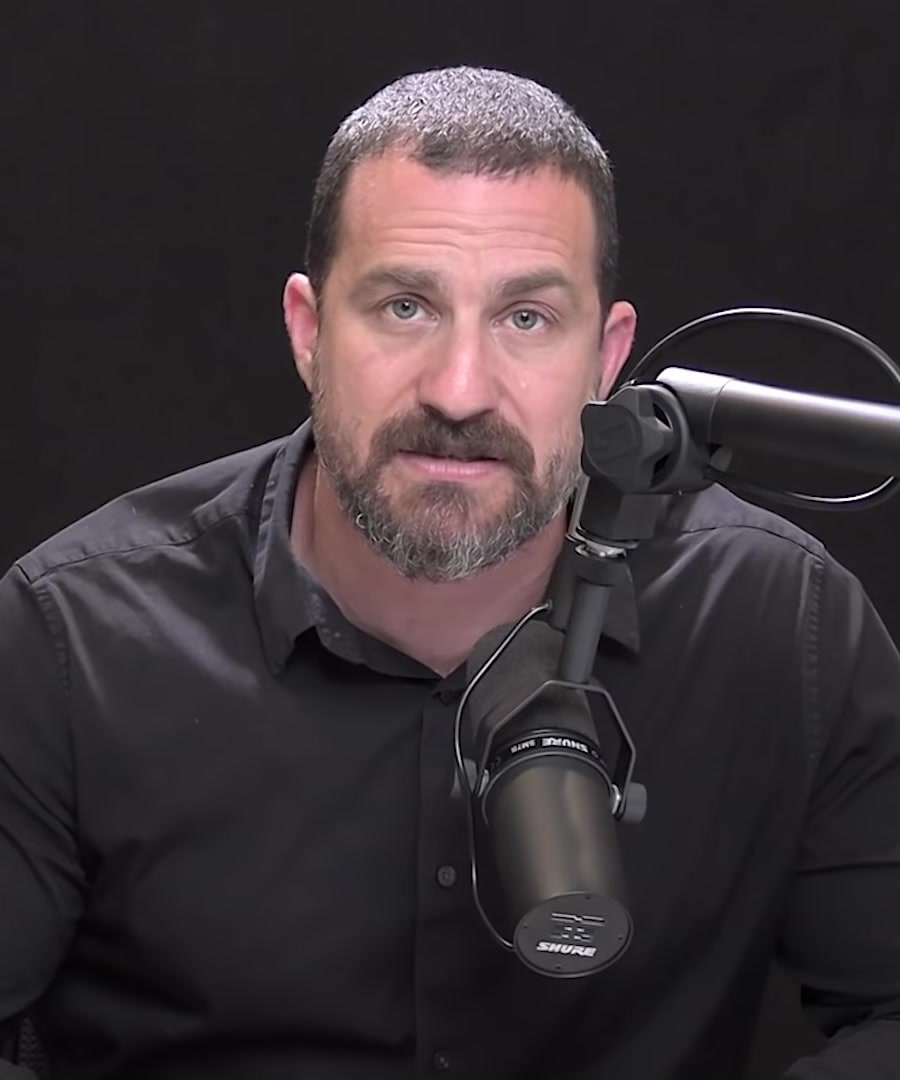What treatments are effective for childhood depression?
Sources:
Effective treatments for childhood depression, as discussed in the , include a combination of pharmacological, behavioral, and therapeutic approaches.
Pharmacological Treatments
-
SSRIs (Selective Serotonin Reuptake Inhibitors): These are commonly prescribed medications for depression. However, their use, especially in children, should be closely monitored by a healthcare professional due to potential side effects like reduced appetite, lethargy, and other serotonergic syndromes 1.
-
Psilocybin Therapy: Although not typically applied in children, psilocybin has shown remarkable effectiveness in clinical trials for adults with major depressive disorder. It works by rewiring neural circuits, enhancing connectivity, and inducing neuroplasticity. The therapy involves supportive psychotherapy sessions, which enhance its efficacy 2.
Behavioral and Psychotherapy Treatments
-
Cognitive Behavioral Therapy (CBT): Effective in treating depression, CBT helps in altering negative thought patterns and behaviors. It’s often recommended alongside medication for a synergistic effect 3.
-
Physical Activity: Exercise has been highlighted as a powerful tool for offsetting symptoms of depression by altering core biological functions like increasing serotonin levels and reducing inflammation 3.
-
Gratitude Practices: Engaging in gratitude practices, particularly receiving and observing gratitude, can naturally boost serotonin levels and enhance feelings of well-being significantly 1.
Supportive and Environmental Factors
- Social Connections: Physical contact and emotional bonding with loved ones, such as family members and pets, can increase serotonin transmission, fostering a sense of comfort and well-being 1.
These combined approaches—medication, behavioral modifications, and therapy—offer a comprehensive strategy to effectively manage and treat depression in children. Always consult with healthcare professionals to customize treatment plans based on individual needs and circumstances.
RELATED QUESTIONS-
What treatments are effective for childhood depression?
- RELATED QUESTIONS


